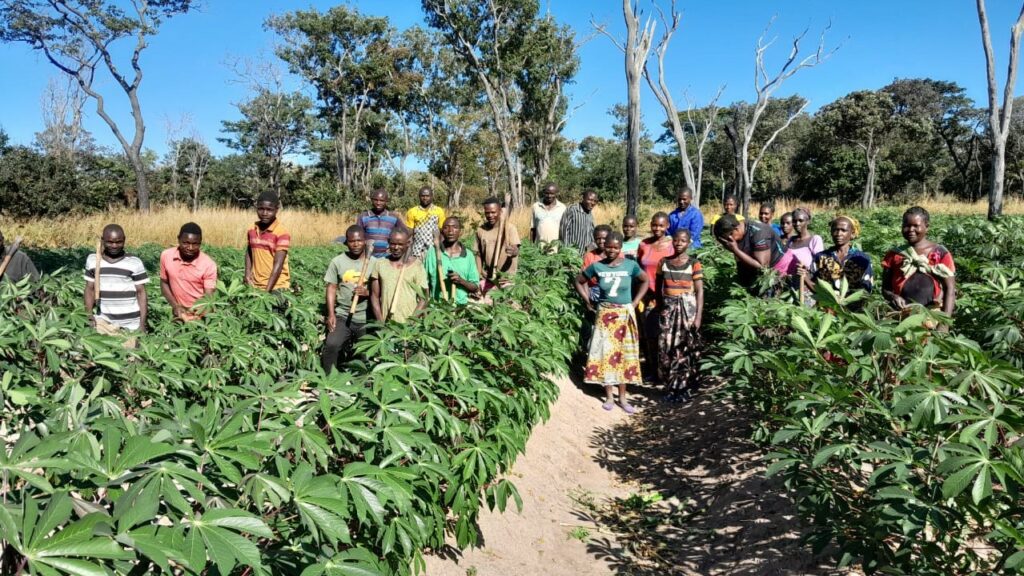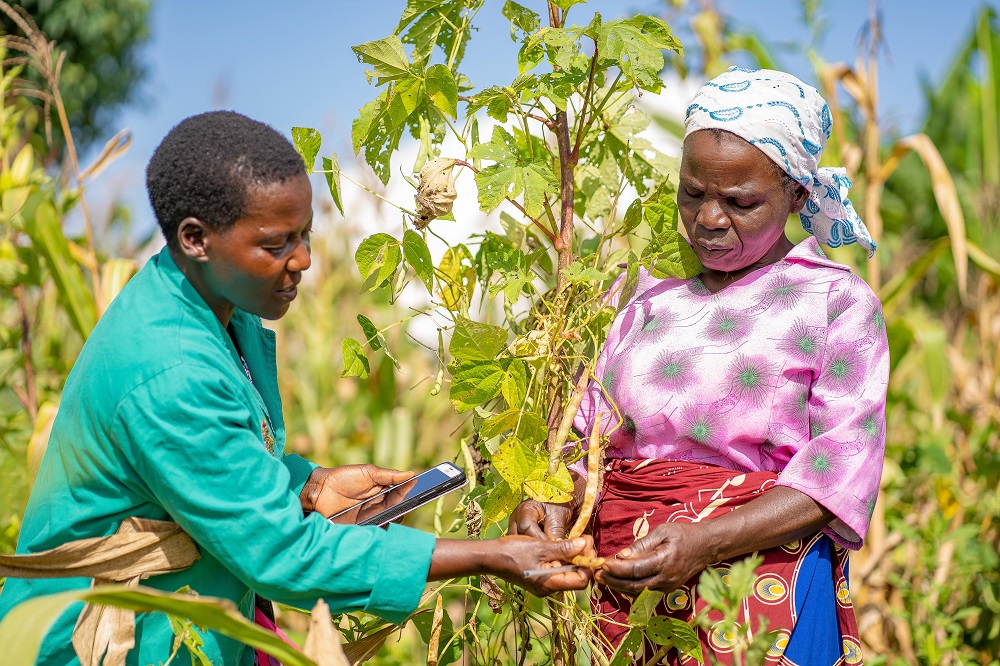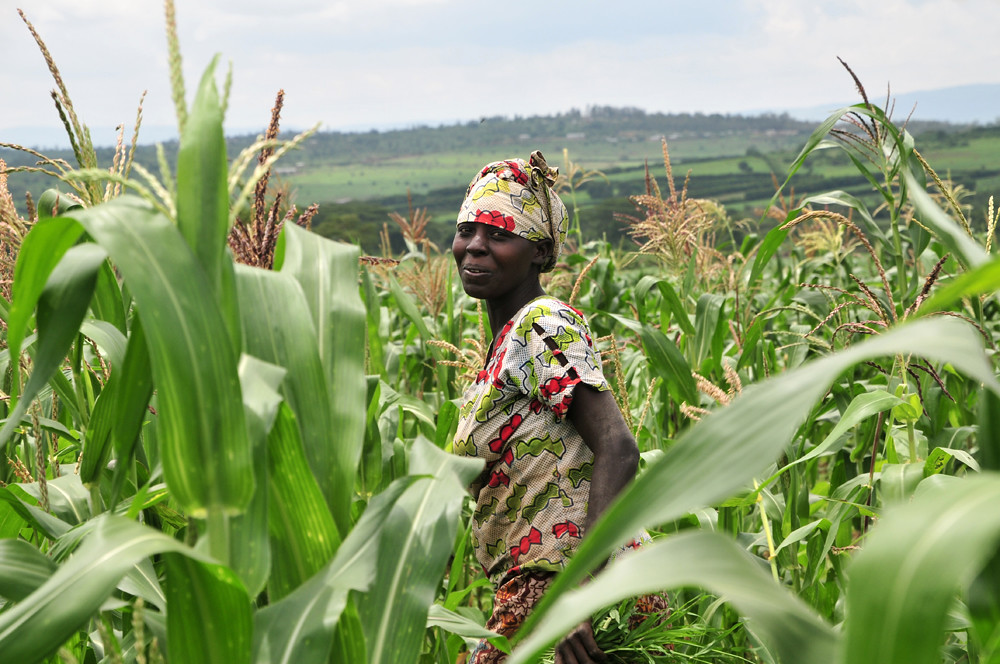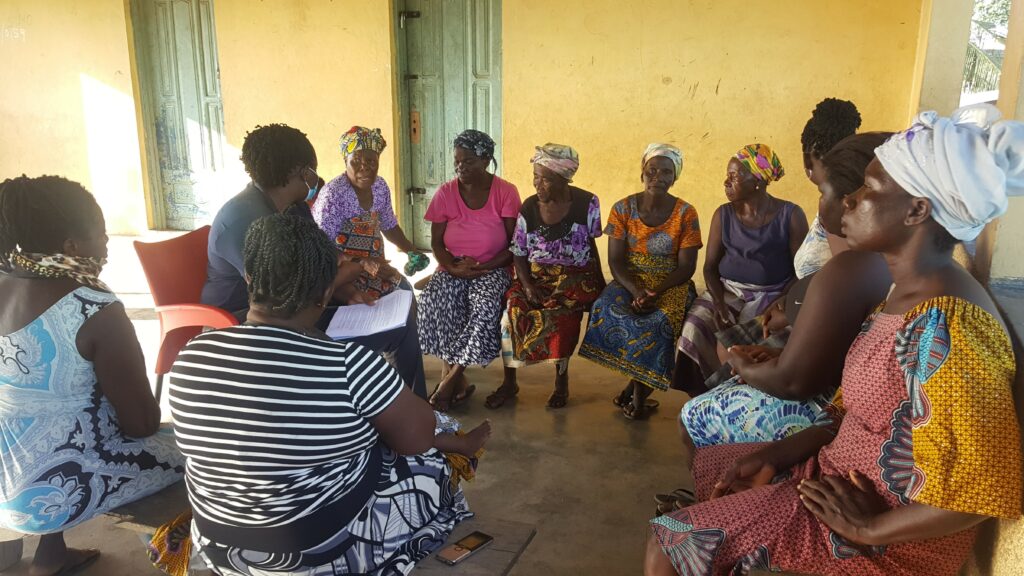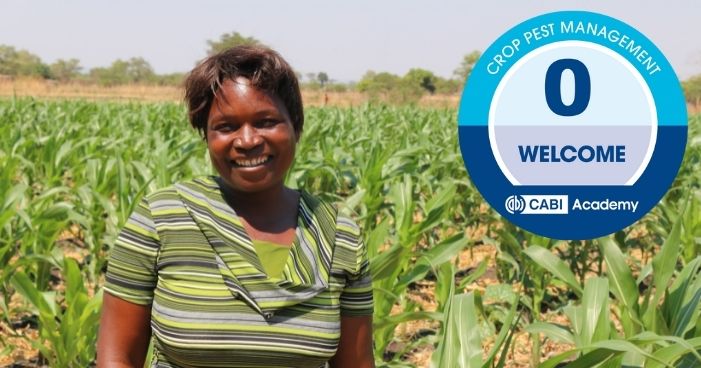Empowering women farmers in Ghana: Introducing the gender handbook for extension agents
At 42%, women form a large and important part of the global agricultural work force. In Ghana, this figure is even higher. Here, women make up 52% of the labour force and produce 70% of food crops. However, gender norms and stereotypes often prevent them from fully participating in decision-making on family farms. This impacts…
CABI delivers training and write-shop on production of extension materials for plant doctors in Namibia
CABI has delivered a four-day training and write-shop on the production of extension materials to support PlantwisePlus plant doctors working to help improve the livelihoods of smallholder farmers in Namibia as well as local and national food security efforts.
Changing behaviour around pesticide use can make farming safer – here’s how
Chemical pesticides can be an important part of a pest management strategy, helping to prevent food losses and waste. Synthetic fungicides, herbicides and insecticides can effectively control pest threats, and this is beneficial for food production. However, pesticides have a downside. They pose a health risk to consumers, farmers, animals and the environment. These risks…
Ukulima True – a Kenyan farming campaign to help reduce the risk of pesticides
As demand for food grows globally, farming practices must intensify. Farmers will need to use more low-risk tools to tackle plant pests and diseases. Pesticides are an important tool for pest management. However, they should be seen as part of a kit of many tools, not the only tool. This is because pesticides also pose…
Using mass media campaigns to promote safer pesticide use
Multiple channels work best when sharing information about safer pesticide use Giving farmers the tools they need to make pesticide use safer is vital. Mass media campaigns can help to share pesticide information with them. But the campaigns work best when they’re delivered using multiple forms of communication.
Embracing equity for women farmers
Women farmers make up around 43% of the agricultural labour force and produce over half of all food grown worldwide. Yet, when you picture a farmer, are they a woman? This year’s International Women’s Day theme is ‘embrace equity’ and its aim is to get the world talking about why equal opportunities aren’t enough. People…
Why multi-channel agricultural extension works for fighting crop pests
Addressing fall armyworm in Eastern Rwanda We might often have a sense that if taking one course of action works, then doing more of it should amplify that work. It turns out this really is the case regarding agricultural extension. A PlantwisePlus-funded study has discovered the benefits of ‘multi-channel agricultural extension’. The research focused on…
Assessing gender and rural advisory services in Ghana
In Ghana, as in many other developing countries, women face challenges in accessing extension advisory services. Most services are geared to the needs of male farmers. On top of other challenges faced by women farmers, this lack of access only extends the gender gap in agricultural productivity in the global South.
Free CABI Academy eLearning courses for extension providers available in Rwanda
CABI’s new digital learning platform, the CABI Academy, is now available for free for users in Rwanda. The digital courses are designed for agricultural extension and advisory service providers. They provide important practical advice and resources to participants to grow their knowledge and provide the best possible advice to farmers.





